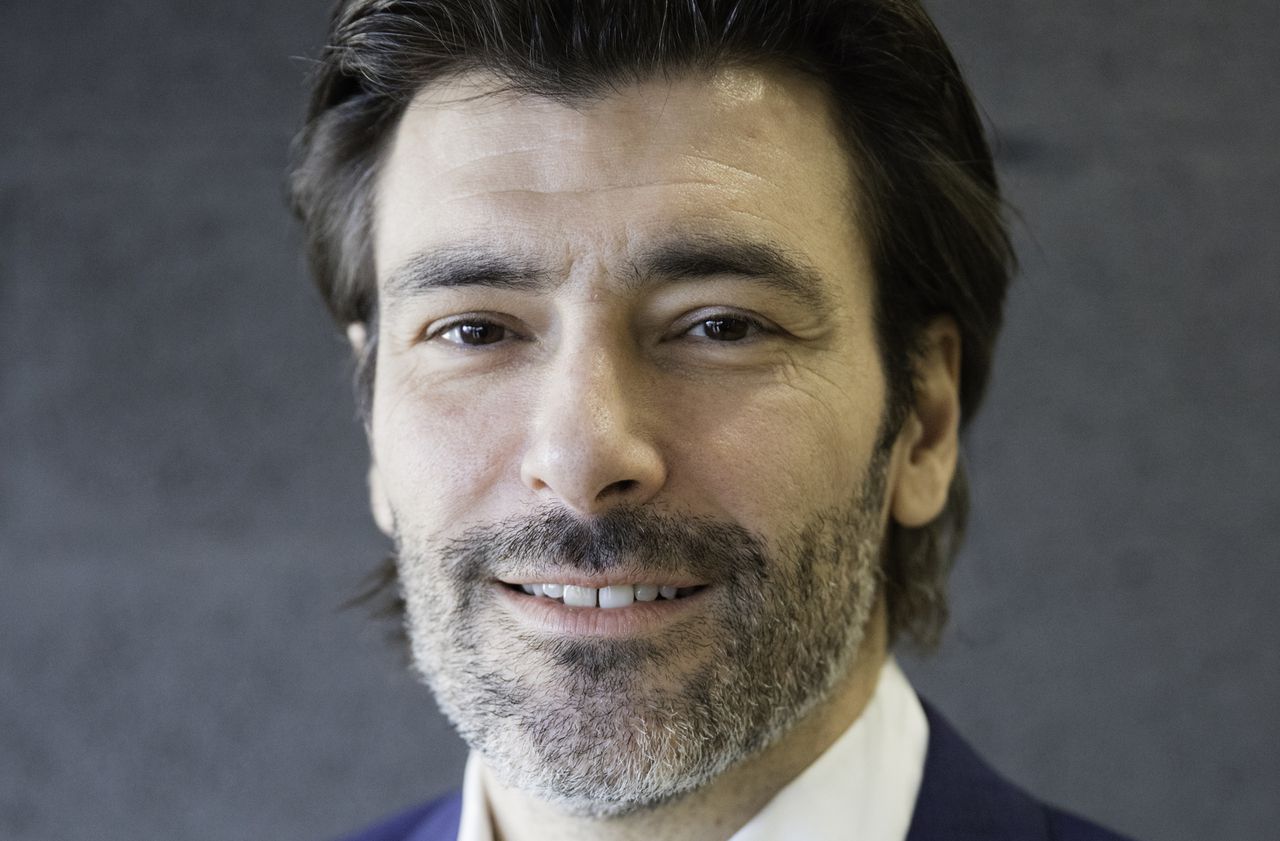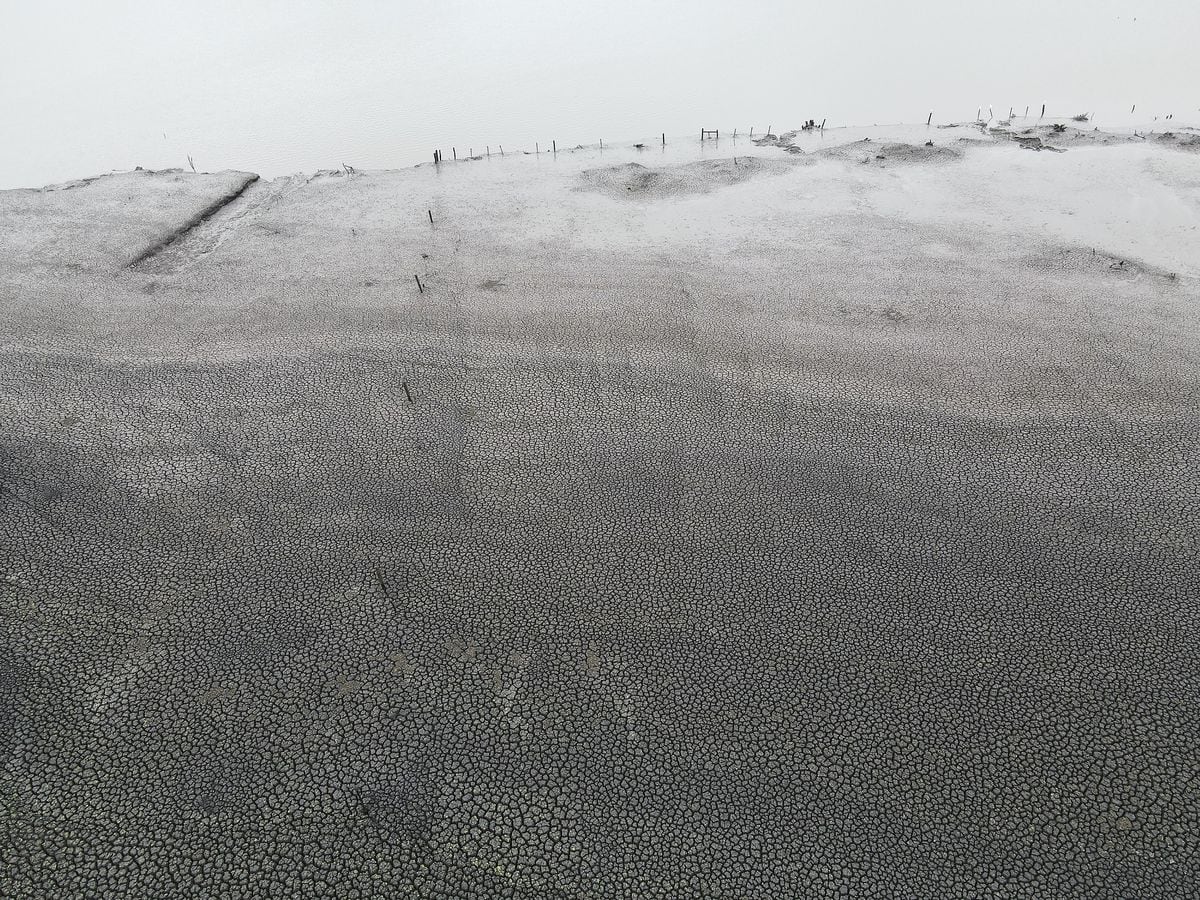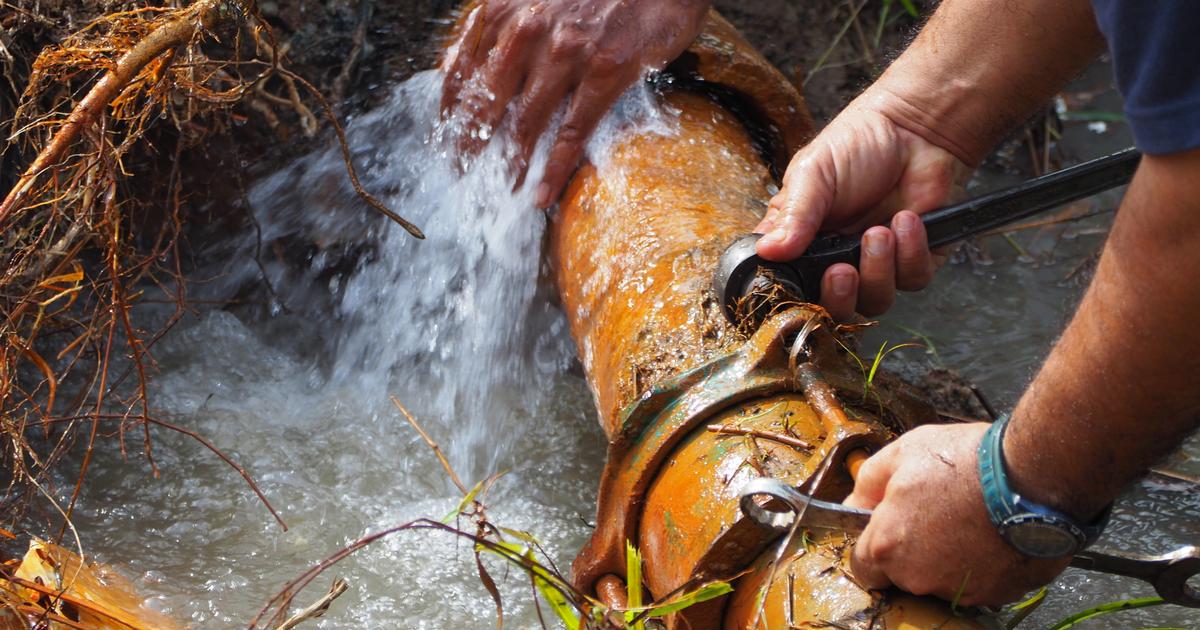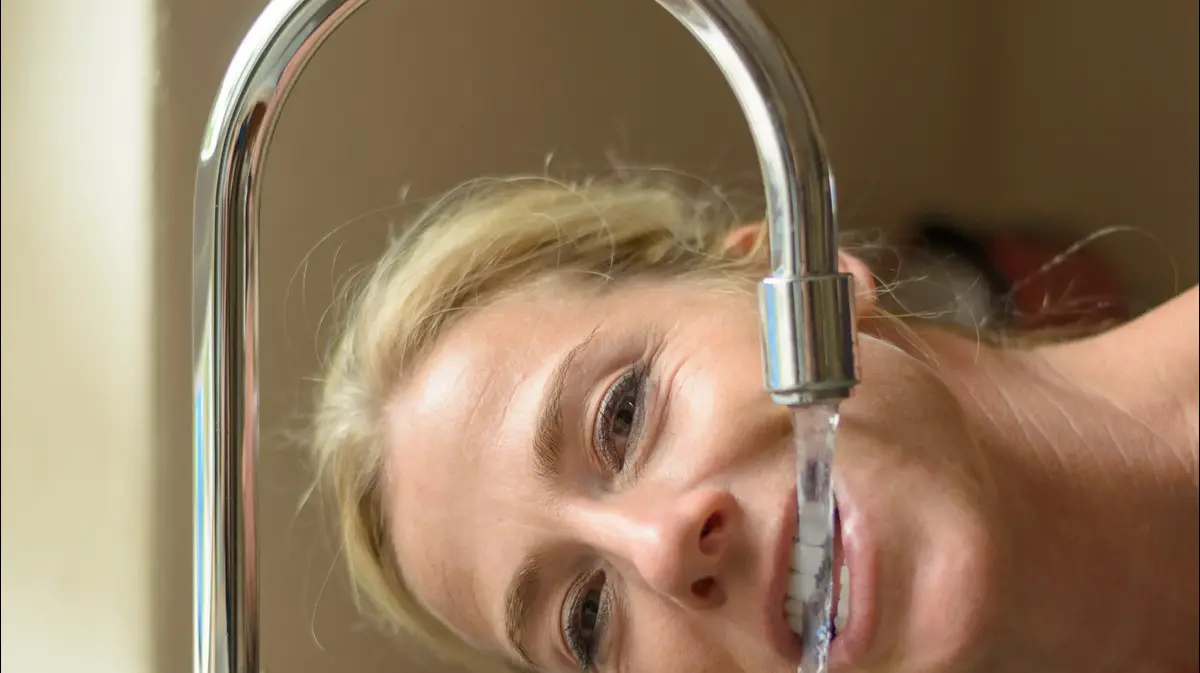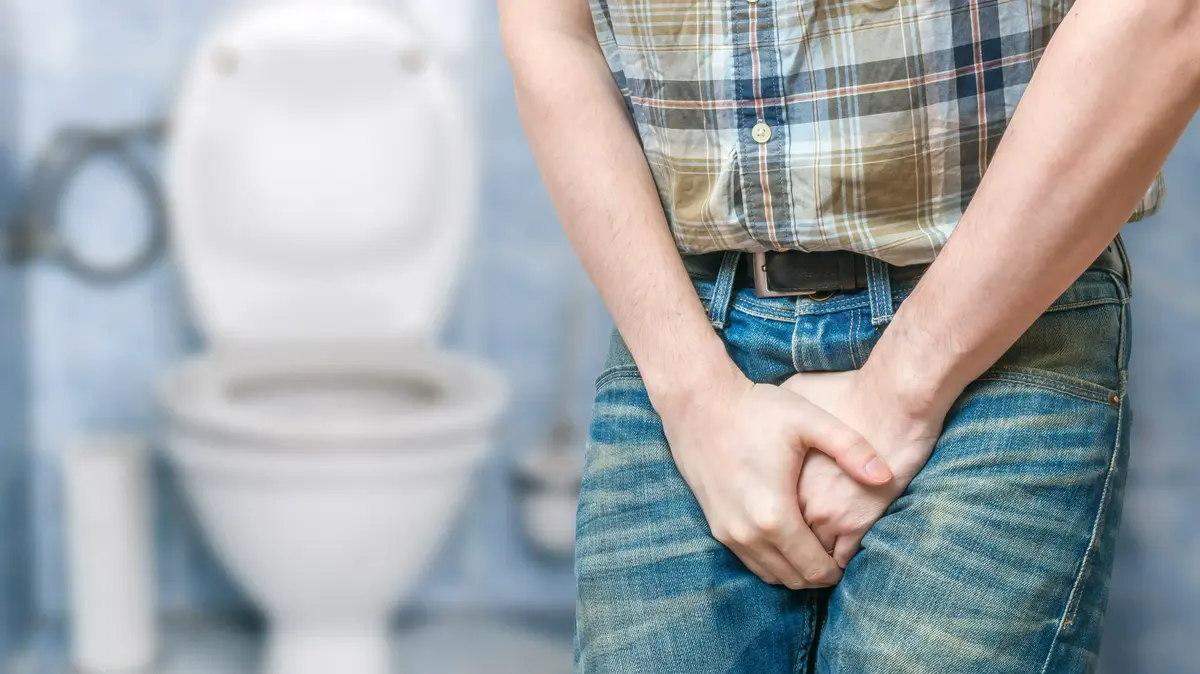One of the main global drinking water distribution groups, Suez intervenes in an essential sector during this period of containment. Meeting with the boss of the Water branch in France.
Is there a risk of drinking coronavirus from drinking tap water?
MAXIMILIEN PELLEGRINI. Absolutely not. Tap water can be consumed with confidence. The coronavirus does not resist disinfection treatments carried out in our drinking water production units. It is not we who say it, but the World Health Organization (WHO). In this period, we must pay attention to the "fake news" on tap water, which is completely healthy and drinkable.
How many homes do you supply with water?
We provide drinking water to 11 million French people in Ile-de-France, Bordeaux, Avignon, Valenciennes, Dunkirk, etc. And we treat the wastewater of the equivalent of 14.5 million people. Because, once consumed domestic water is returned to wastewater treatment units, then discharged into rivers and streams. We are only reproducing the cycle of nature.
Within this cycle, can the virus spread?
In the production of drinking water, no. The water is extremely monitored. It is analyzed by the Regional Health Authorities (ARS), who check whether it complies with the regulations. In sanitation, it is more complicated. There are aerosols, dust or drug residues that can resist. Scientific analyzes are in progress. But this water is not intended for consumption.
Do you encounter particular problems linked to the confinement of millions of French people?
Newsletter - The essentials of the news
Every morning, the news seen by Le ParisienI'm registering
Your email address is collected by Le Parisien to allow you to receive our news and commercial offers. Find out more
Yes. The French use a large number of disinfectant wipes and when they are thrown in the toilets, they can obstruct entry into wastewater treatment units, or even clog up distribution networks. The profession has launched a public awareness campaign to encourage them to throw these wipes in the trash. Otherwise, this requires the intervention of our agents while we limit their tasks to essential activities.
Is it possible that you reduce the water distribution service?
Absolutely not. We provide an essential service. After the government's announcements on March 17, we immediately implemented business continuity plans. They aim to target priority tasks to ensure the safety of our employees and the continuity of the water service. Thus, we do not repair all the leaks, but only those that affect the pressure at the tap. This shows in passing how essential our invisible trades are. Imagine a period of confinement during which tap water would no longer flow! Today, we manage to carry out most of the activity with just under 3,000 employees. We organize rotations every two weeks so that teams do not cross paths in the event of contamination or suspected contamination.
Is the protection of your employees guaranteed?
Healthcare workers are on the front line. But to get the water out of the tap, you also need field workers. However, in our facilities, the situation regarding personal protective equipment, essential in our jobs, virus or not, is extremely tense since the State had requisitioned all of the masks. This requisition was lifted on March 20 and we mobilized all our international networks and those of the profession to supply masks to our agents. We do not have many stocks and we hope to be delivered in the coming days.

